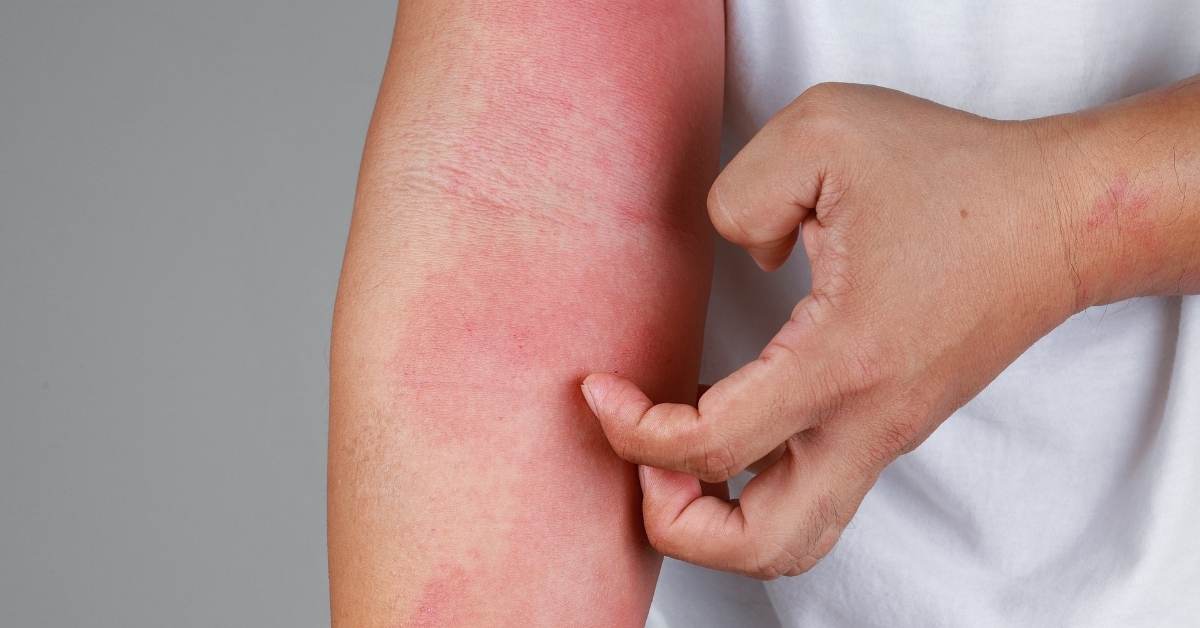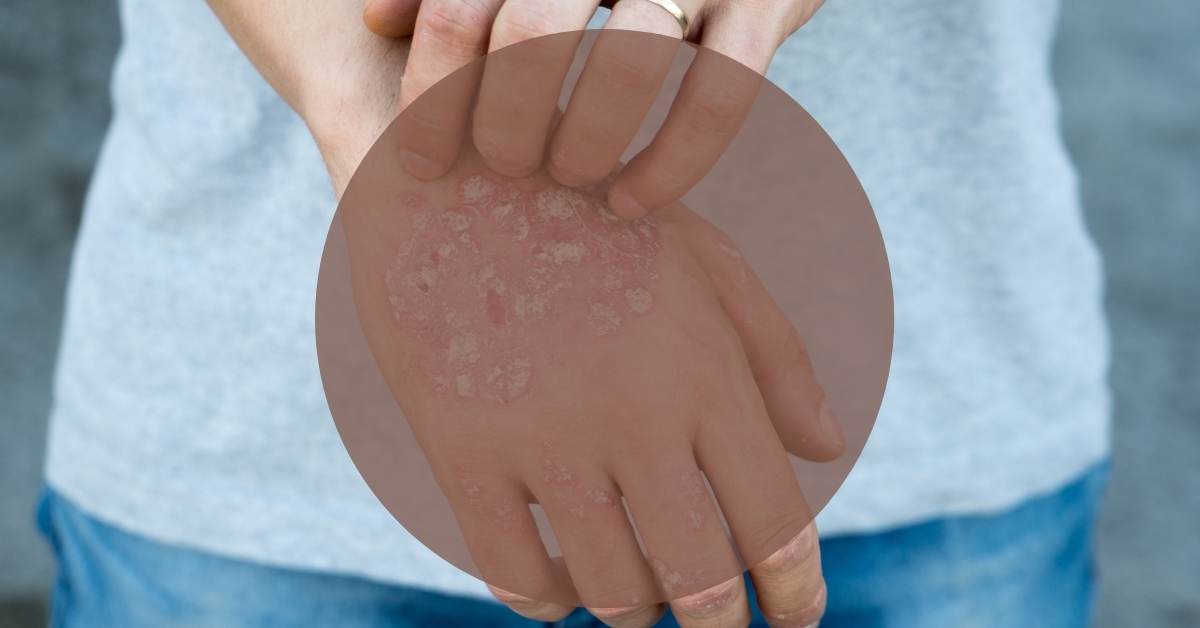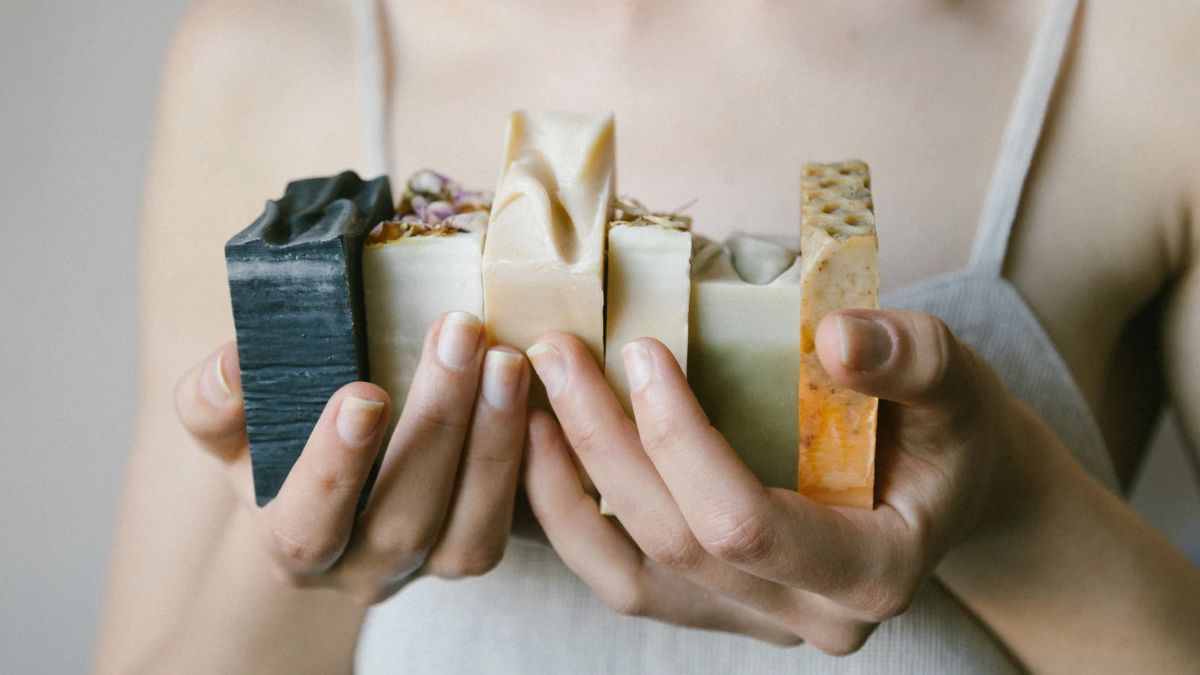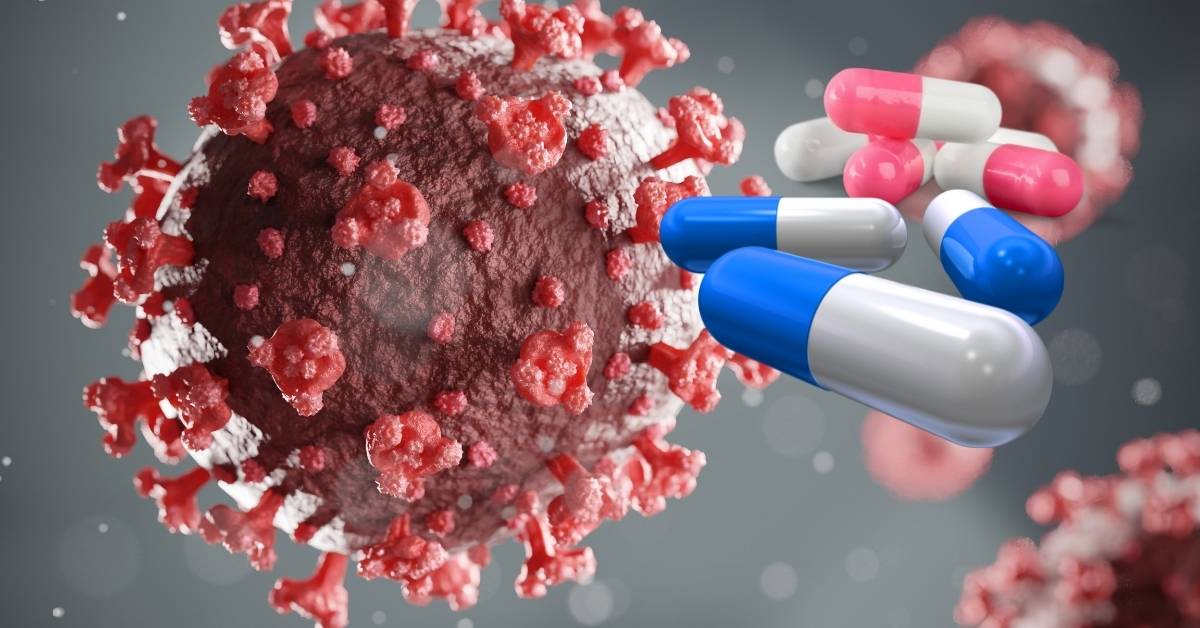Eczema is a skin disease that is very difficult to go through, even with many different kinds of treatments. But now, research has proved that there is a treatment option available to provide relief from this troublesome disease.
Here are 3 ways you can use as severe eczema treatments and I think one of them will satisfy you.
What is the main cause of eczema?
Eczema, also known as atopic dermatitis, is brought on by a number of factors, including activation of the immune system, genetics, environmental triggers, and stress. Your immune system. If you have eczema, your immune system responds excessively to even relatively harmless irritants or allergens in the environment. Your skin may become inflamed as a result of this response.
What does atopic eczema look like?
Skin that is itchy, red, dry, scaly, or thickened may be some of the symptoms that spring to mind when you think about eczema. Although this is true, those who have medium to darker skin tones may not see it as easily since it may make their complexion look brown, purple, or even ashen. People who have dark or black skin are also more likely to acquire tiny pimples on their chest, arms, and legs.
1. Salt Water Treatment for Eczema
This treatment has been found to bring down the ill effects of eczema such as itching, redness, inflammation, etc., almost with the first session itself. The person suffering from eczema needs to soak in sea salt dissolved water in a tub for about half an hour every day.
This way, the person will have relief from most of the symptoms, which disappear over a period of time.
Benefits of salt water eczema treatment:
Some of the benefits found with salt water for treating eczema are detailed here below:-
- Saltwater is an excellent source of sea minerals such as magnesium that have healing properties, especially for the skin. These sea minerals assist in healing the skin problems that occur due to fungal or bacterial infections.
- Sea or Epsom salt is best known to rejuvenate the skin and alleviate symptoms of stress, which helps heal eczema faster than any other topical cream.
- Sea salt does not harm the epidermis of the skin layer, and therefore, skin becomes normal after a certain period without leaving dirty marks of eczema on the skin.
- With the use of sea salt, the skin texture also improves, making it softer and shinier than before and preventing dryness.
- Lastly, the seawater treatment can be used safely without any fear as there are no chemicals, and it is natural.
While seawater treatment has been known to offer relief to many people suffering from eczema, it is best to consult a physician before taking the treatment to rule out any further skin breakouts.

People suffering from eczema should remember that eczema is skin irritation, and taking saltwater treatment can cause stinging irritation and some amount of pain when soaking. So only those who can bear the temporary pain should undertake it.
Secondly, people suffering from open wounds due to eczema should not try this treatment as there could be severe burning, and the wounds may become worse when exposed to saltwater.
It is best to look for treatment according to the health and physical condition of the person suffering from eczema before trying any new treatment for eczema.
2. Skin Laser Treatment for Eczema
A skin condition in which skin inflammation occurs is known as eczema. This condition starts in childhood and lasts until the late years since there is no cure for this disease. Skin eczema is accompanied by redness, swelling, itching, and burning sensation on the affected area.
There are regular episodes when eczema flares up, and treatment is required for controlling it. There are many ways that skin eczema can be controlled, including skin laser treatment. To know more about skin laser treatment for the cure of eczema, you can read the following information:
- Laser therapy for eczema is a treatment method in which a concentrated beam of Ultraviolet or UV light is delivered to the affected area of the patient’s skin. This light helps treat the hard-to-ease form or complex types of eczema.
- Atopic eczema or dermatitis is generally cured by using a device called an excimer laser. Through this instrument, a concentrated beam of UV Blight is emitted directly to the patches of the skin which have been affected by eczema. This device is useful because it leaves the healthy surrounding areas of the skin around the affected area.
- UVB light is considered very good for the treatment of eczema because it helps in quelling exaggerated immunity system responses, which are responsible for causing eczema.
- The benefit of using an excimer laser over traditional USB therapy is the fact that it targets the problem areas of the skin with better preciseness.
- Laser treatment generally takes multiple sittings, but there are certain studies that oppose the use of laser treatment. The benefits of treatment may vary from person to person depending upon the person’s suitability for the treatment.

3. Natural Herbs for Eczema Treatment
Eczema is a troublesome skin disease that leaves a person really irritated and sometimes unable to carry on normal routine activities due to severe symptoms.
The person experiences severe itching, redness, inflammation, and patchiness on the skin. While there are many treatments available for treating eczema, only natural remedies are long-standing and help in getting rid of it without any side effects.
One can try a whole range of natural herbs that provide a holistic way of getting relief from eczema permanently. The details of the natural herbs for eczema treatment are given below:
Natural Herbs for Eczema Treatment:
- Stinging Nettle or Yellow root – These two natural herbs are known to have anti-bacterial properties and therefore help in relieving the redness and inflammation effectively.
- Burdock Leaf – This herb is best known for skin problems that have scaling along with itchiness.
- Also, having a concoction of cleavers or heartsease and red clover helps in reducing the symptoms of itching significantly.
- Chickweed – This herb is excellent when used in the form of an ointment on eczema-affected areas of lesions.
- This herb-infused ointment helps reduce dryness, especially after a bath, and is ideal when used at bedtime to reduce skin dryness over time.
- Slippery elm – Even this natural herb has many healing properties.
- The leaves of this herb, when ground into a paste and applied to the affected skin, give instant relief and also restore the moisture in the skin layers exceptionally well.
- Calendula – This is also a good source of restoring the moisture in the skin and can be used in the form of lotion or ointment on affected areas.
- Tea tree oil – This herb has been known to have anti-fungal and bacterial properties and is especially useful in treating skin abrasions and bleeding very effectively.
- Witch hazel is also a very powerful herb with a sweet smell, making it heal the skin both internally and externally. When this herb is infused, it assists in providing soothing relief to the eczema sufferer.
- Rosemary – Even rosemary has excellent healing properties for the skin and can be used both internally and externally. One can use a body wash made of rosemary for external use and internal use; one can try rosemary tea, which helps rid the skin trouble over three months.

Can you use Bepanthen on Eczema?
Yes. Rather than using regular Bepanthen, picking the Bepanthen Eczema might help you fight flare-ups.
Bepanthen Eczema hydrates, soothe, and protects the skin profoundly. It contains a potent blend of nutrients that nourish and help rejuvenate and soothe the skin, giving comfort and protection.
Ceramides, Glycerin, and Olive Fruit Oil assist in deeply hydrating and nourishing the skin while also repairing and strengthening the natural skin barrier and protecting it from external aggressors.
Panthenol, which works in tandem with the skin’s biological healing processes, can also improve feelings of discomfort such as dryness, irritation, and redness by enhancing the skin’s inherent regeneration potential.
Overall, it is ideal for the entire family and delivers deep and long-lasting hydration while also keeping the skin soothed and protected, reducing dryness, irritations, and the need to scratch.
FAQ – Eczema Treatment
How to cure eczema permanently?
Although there is no cure for eczema in the traditional sense, various adjustments in lifestyle, as well as therapies, might help alleviate itching and prevent further outbreaks. You can also try the ways we mentioned above.
Can salt water cure eczema?
Yes. There is a lot of anecdotal data that suggests taking a bath in salt water may be useful in cleaning up eczema. This is particularly true if the eczema is weeping a lot or if secondary infections are widespread in the area. As part of the treatment strategy for their patients who suffer from atopic eczema, a lot of dermatologists in the UK suggest giving their patients frequent salt baths.
How can I stop eczema coming back?
The majority of treatments for eczema only provide temporary relief. Your dermatologist may recommend a steroid cream to alleviate your itching and clear up your rash, or he or she may recommend calcineurin inhibitor topical creams, such as pimecrolimus (Elidel) or tacrolimus (Protopic), to protect your skin and stave off future episodes of eczema.
What diet cures eczema?
Milk, eggs, peanuts, fish, soy, wheat, gluten, citrus fruit, and chocolate are the foods that most often cause allergy responses. Other common allergens include peanuts and seafood. It may be helpful to try an elimination diet, in which you remove each of these items from your diet one at a time to see whether or not they are causing your eczema.
Is lemon good for eczema?
No. Citrus fruits including oranges, lemons, grapefruit, and the other fruits that belong in this group are well-known to be common allergens that may trigger allergic responses in certain people. If you suffer from eczema, it is in your best interest to steer clear of citrus fruits since they contain compounds that have been shown to make eczema symptoms worse.
Can you use Bepanthen internally?
No. The Bepanthen Ointment should only be used topically.

